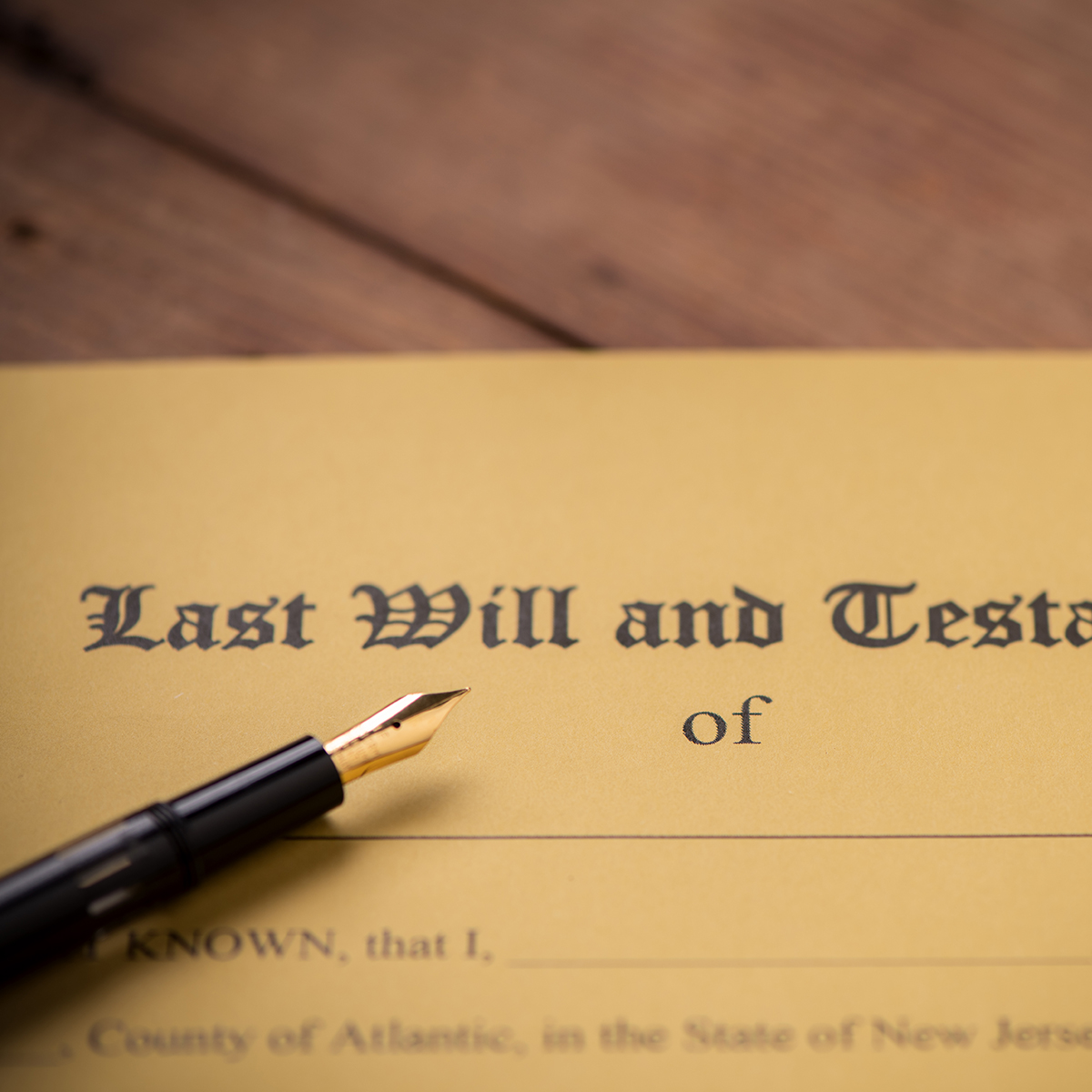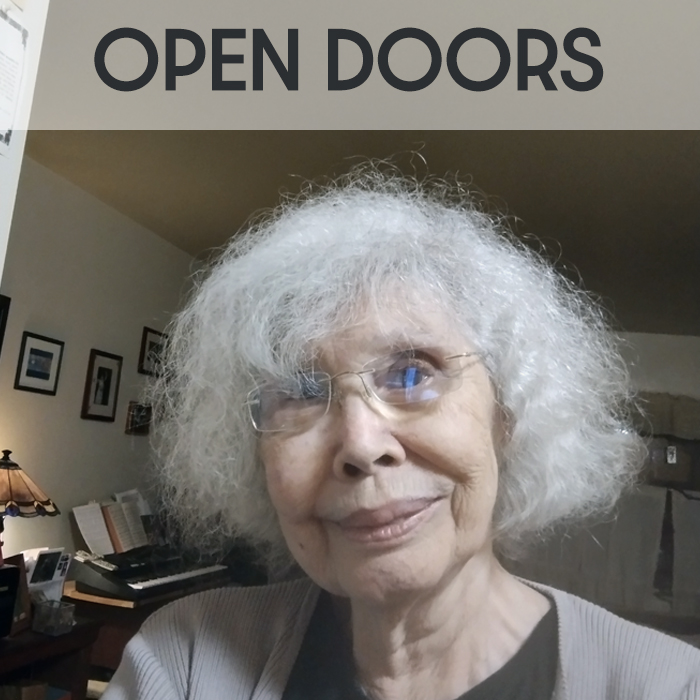
Legal
Challenges to Your Last Will and Testament

Robert Morris • May 15, 2024
Challenges to Your Last Will and Testament?
As our society ages and intrafamily issues become more pronounced, older individuals may face increased prospects of a challenge to their last will and testament, or other aspects of their estate plan. Two of the most common challenges to wills and other estate planning documents are 1) lack of capacity, and 2) undue influence.
Challenges to a Will Based on Lack of Capacity
If someone signs a will close in time to their death, or during a time when they are suffering from diminished capacity or other medical issues, questions may arise about whether or not they had sufficient capacity to execute the will. In these situations, it may be important to evaluate their physical and mental health to determine whether or not it is appropriate to sign a will.
New Jersey law requires that a will only be signed if the testator (the person who owns and creates the will) has the requisite testamentary capacity to execute this document. The individual making the will needs to generally understand that a will is being made, the property being distributed, who the beneficiaries or next-of-kin are, and how these factors correspond with one another. The law only requires a low degree of capacity, less than the capacity to sign a contract. For these reasons, a person may have sufficient capacity to make a will but may lack sufficient capacity to sign a power of attorney or other estate planning documents.
If a challenge is made to the Will, the testimony of both medical experts and fact witnesses may be presented. The decedent’s medical records may often become relevant in making such an assessment, especially where a will was executed close to the time of death or during a period of illness. This may include testimony from the witnesses to the will and the attorney who drafted the will.
Challenges Based on Undue Influence
A will and other portions of an estate plan may also be challenged based on undue influence. Undue influence occurs when mental or physical persuasion prevents a person from following the dictates of their mind and accepting the influence of another person. The coercion must be of a kind or quality that destroys the free will of the individual concerning the disposition of their assets, usually involving either a will or gifts to another person.
Courts will analyze several factors as part of an undue influence claim. These include the relationship of the parties involved, the physical and mental condition of the decedent, and the circumstances surrounding the execution of the will or other estate planning documents. If the decedent was weak or dependent on the beneficiary, the undue influence claims will receive closer attention. The mere fact that a beneficiary provided aide or assistance to the decedent does not, by itself, create undue influence to destroy the free will of a testator. The influence must be so pervasive that it destroys the decedent’s free will, resulting in the will reflecting the desires of the person who exerting the undue influence.
Litigating undue influence claims often involves several issues. Testimony or discovery will be needed to confirm the timing of the will relative to death, whether the decedent retained custody of the will for some time after it was signed, the nature of the terms of the will, the relationships of the beneficiaries to the decedent, the pattern of wills (or lack thereof), and the skill and independence of the attorney involved. This testimony can be complex and must be carefully evaluated.
Wills can be challenged for lack of capacity and undue influence. These claims can be complicated and require evaluation of a number of factors. If you believe that these may be an issue for you, it is strongly recommended that you seek an attorney.
Stark & Stark’s Trusts & Estates Team is Here to Help
For estates that have already been affected by undue influence, lack of capacity, or other issues, our team can assist with defending your rights. Depending on the problems involved, this may include assisting clients with the executor or administrator of the estate to address administrative issues; or filing litigation to protect clients who have been unfairly affected. Estate claims do not age well, and if you know someone who has been affected it is important that they protect their interests as soon as possible.
Clients who are interested in designing and implementing a trust and estate plan to preserve, protect, and transfer assets are most effective when completed before a crisis occurs. The crisis, however, sometimes arrives without warning, demanding immediate responses to complex legal, tax, business, and healthcare decisions. Inadequate preparation for life transitions and delayed response often lead to increased costs and loss of control over important personal and financial choices. An experienced Stark & Stark New Jersey or Pennsylvania estate lawyer can help you prepare for the unexpected.
Since each trust and estate is unique, we work closely with our clients to evaluate the various relevant legal, financial, tax, and business issues, and to understand the client’s concerns, needs, and expectations. Our estate planning clients rely on us to help them make prudent decisions for meeting their legal, financial, and ethical obligations.
We have extensive backgrounds in asset protection and wealth preservation, including hands-on experience in tax law (federal and the states of New Jersey and Pennsylvania), probate law, corporate law, business succession planning, elder law, guardianship law, and conservatorship law.
Stark & Stark clients receive the benefits found in a “boutique” firm that provides only trusts and estates services, along with the combined experience of many business, tax, real estate, family law, and litigation lawyers who bring to the creative problem-solving process an extraordinary depth of experience and level of sophistication.
For more information, please contact me at rmorris@stark-stark.com, or call 609.945.7617.









































